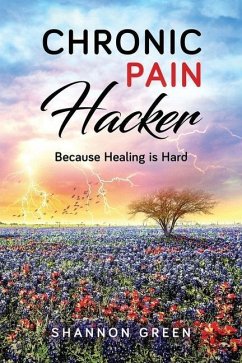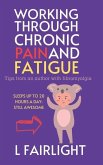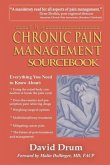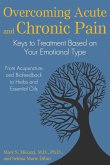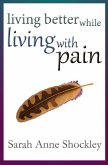Chronic pain management tips, hacks, and tools Living with a lifelong condition requires grace, gratitude, and acceptance. By managing disappointments and expectations of how you thought your life would go. The practice of: meditation, prayer, breath work, mindfulness, and movement are essential to reduce overall pain levels. Getting better requires a combination of the physical and mental work needed to live your best life and carve out joy in spite of the disease or condition. This is a memoir about a journey through rare diseases, difficult conditions, and the coping skills used to thrive, not just survive. My journey gives info about many holistic practices such as massage, cupping, and acupuncture. I hope my journey can help others affected by chronic pain. We can come together all over the world and create a tribe of support, collaboration, and kindness. This book provides practical tips for dealing with chronic pain. The following conditions are discussed: Guillain-Barre Syndrome (GBS), fibromyalgia, psychogenic nonepileptic seizures, anxiety, and depression (PNES). They are also called Non-epileptic Attack Disorder (NEAD). They fall under the umbrella term of functional neurological disorder (FND). They used to be referred as to as pseudo seizures or conversion disorder. FND is both a neurological and psychological condition so it can be helpful to see a neurologist and a psychiatrist. There are around 200 symptoms of FND besides pain such as digestion issues, vision changes, migraines, bladder dysfunction, tics, speech impairments, poor balance, difficult walking and NEAD seizures.
Hinweis: Dieser Artikel kann nur an eine deutsche Lieferadresse ausgeliefert werden.
Hinweis: Dieser Artikel kann nur an eine deutsche Lieferadresse ausgeliefert werden.

